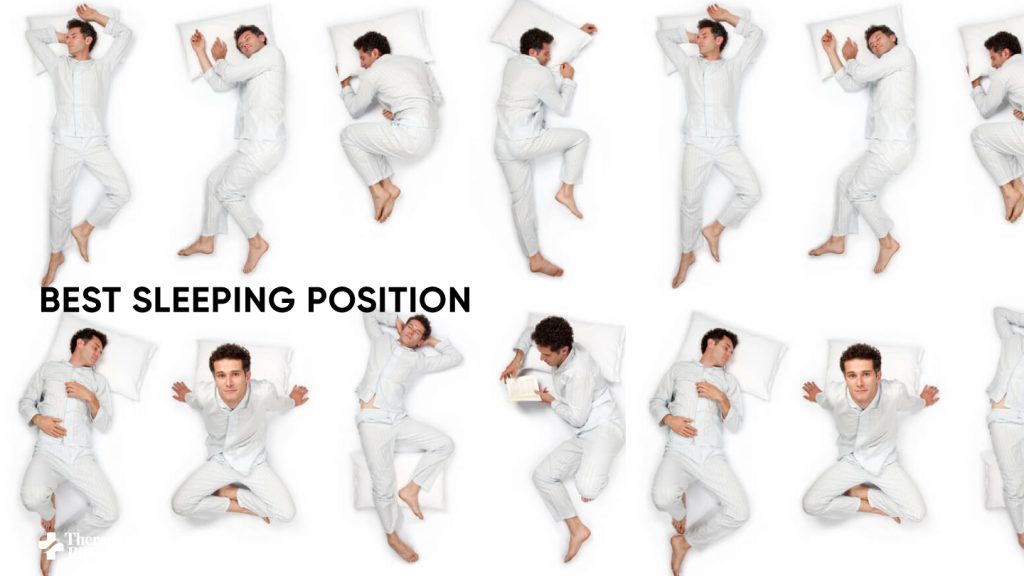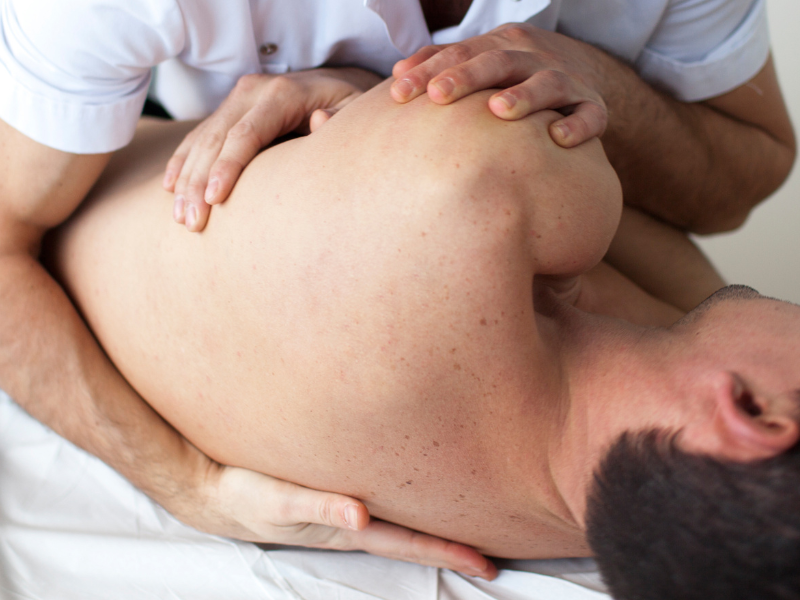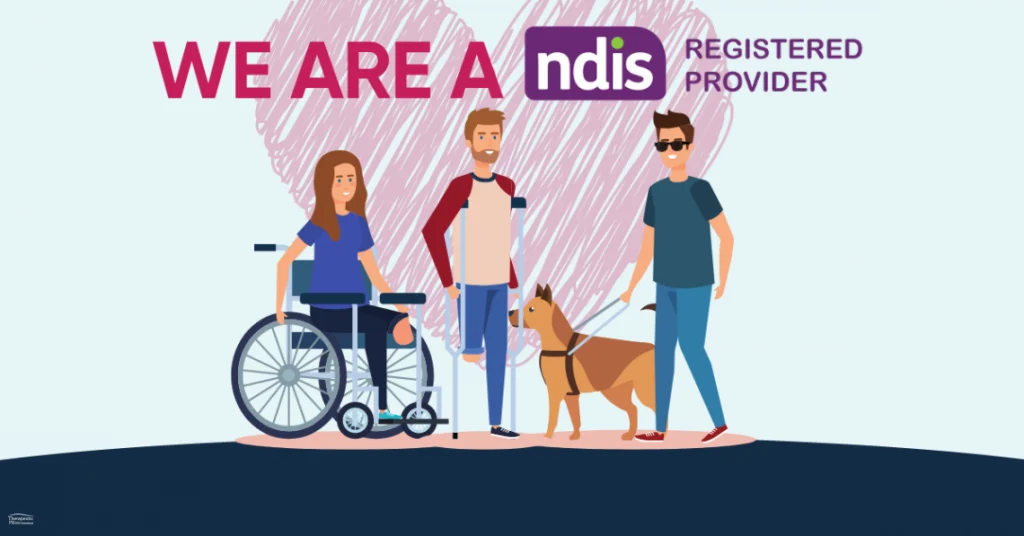We all know that the clothes we wear, the way we talk, and even the books and television programs we watch can be used to define our personality to our friends, family, and coworkers.
But did you know that the sleeping position you use every night can also be used to define your personality?
Whether you sleep on your side, stomach or back, your
sleeping position says some pretty interesting things about you and your personality. Sleeping is an important way to boost your mood, improve memory – both short term and long term and repair the cells of your body whether from illness or injury, as well as recharge your brain and put the day’s activities into the appropriate long term “file”. Everything feels better after a good night’s sleep. Yet, a large number of people do not receive the minimum recommended seven hours of sleep every night, so you can imagine that we aren’t necessarily as happy and healthy as we should be. Because we are depriving ourselves of the necessary sleep we all need, we are subjecting ourselves to depression, and decreased cognition, which directly affects activities such as driving and work. How well we relate to others and complete our daily to-do list are also affected by how much sleep we get, and the quality of that sleep. Research has found that most of us sleep on our sides. There are many health reasons sleeping on your side is better for you, and if you’re a woman who is pregnant, it is the ideal position for you to sleep in, and also less stressful on the baby. Sleep experts have found that there are six unique sleeping positions. Your sleeping position affects your overall health and also shows your individual personality. Continue reading for further information. The worst possible sleeping position approximately 7% of us use is “The Freefall”. This position is on your stomach, arms under your
pillow, and your head turned to the side. This position is bad for your neck and can lead to neck pain, which in turn can lead to headaches. Freefall sleepers tend to be extroverted and confident. Don’t spend too much criticising them though. They don’t take criticism well. Approximately 15% of us sleep in the “log” position. This position tends to be on the side, but straight down the bed, with no bending at the waist or knees. Log sleepers tend to be easy-going and very social, but they also tend to trust others too easily. With 41% of us sleeping in the foetus position, this is the most commonly used position for sleeping. This position is on your side, with your waist bent and your knees brought up almost against your chest, thus the name foetus. This is the position you most likely slept in when you were in your mother’s womb. This is also the most ideal position for expectant mothers and causes the least amount of stress on the unborn foetus and the fewest risks of issues with the pregnancy. This position should be done on the left side, due to constriction of major veins leading to the foetus. If you are not an expectant mother, you should choose the side that is most comfortable for you. This relieves stress on the back as well. Foetus sleepers tend to have a rough exterior when dealing with others, but once you get past that, they are sensitive and shy underneath. The Starfish is used by approximately 5% of the population. These individuals tend to sleep spread out on their bed, arms wide, legs wide, and very open. This is not an ideal position for people who tend to snore, as there is nothing in this position that will prevent snoring. Starfish sleepers tend to be very trustworthy, are great listeners, and will gladly lend you a helping hand if you need them. Thirteen per cent of the population sleeps in the “Yearner” position. Similar to the foetus position, the knees are not usually brought up to the chest. This position is better for chronic sleepers as it does not cause the palate and tongue to create the vacuum that causes snoring. Yearners tend to be inviting and open-minded, though they are cautious when they meet new people. The soldier is a sleeping position used by 8% of the population. This position is on your back, straight down the bed. This position is similar to the log This position is good for posture of the spine, though you might find that snoring is inevitable. Finding a
good pillow to keep your head in alignment with your spine is important in this position. Soldier sleepers tend to be reserved and quiet, and are often too serious when dealing with others. Though the personalities are not exact for every position, and we often use different positions throughout the night, depending on our body needs, the most important part about this is that you get a good night’s sleep. The position that you use most often can be reflective of your personality. Quality of sleep is extremely important, no matter what your personality is, and you should strive to have a better night of sleep, with as little disturbance as possible. Remember the golden seven hours that we need every night? Shoot for the goal and improve your daily activities and mood! We hope you enjoyed this humorous approach to sleeping positions and that you found it informative. We are excited to help you get a good night’s sleep. We would enjoy sharing our experience with you in your search for the best pillow and accessories to make your sleep the best it can be every night. Visit our website at Therapeutic Pillow to review our products and find what you need. Our friendly and knowledgeable staff are eager to help you. We will gladly answer any questions you have to help you find the product that will help you the most. We look forward to assisting you.









